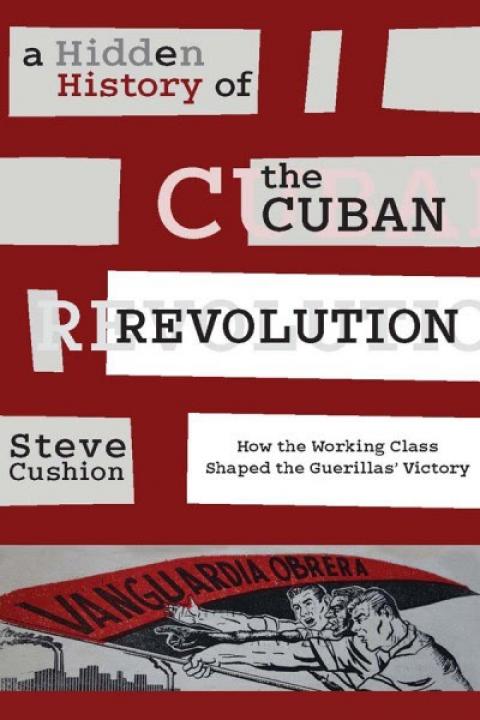A Hidden History of the Cuban Revolution: How the Working Class Shaped the Guerrillas’ Victory
Millions of words have been written about the Cuban Revolution, which, to both its supporters and detractors, is almost universally understood as being won by a small band of guerrillas. In this unique and stimulating book, Stephen Cushion turns the conventional wisdom on its head, and argues that the Cuban working class played a much more decisive role in the Revolution’s outcome than previously understood. Although the working class was well-organized in the 1950s, it is believed to have been too influenced by corrupt trade union leaders, the Partido Socialist Popular, and a tradition of making primarily economic demands to have offered much support to the guerrillas. Cushion contends that the opposite is true, and that significant portions of the Cuban working class launched an underground movement in tandem with the guerrillas operating in the mountains.
Developed during five research trips to Cuba under the auspices of the Institute of Cuban History in Havana, this book analyzes a wealth of leaflets, pamphlets, clandestine newspapers, and other agitational material from the 1950s that has never before been systematically examined, along with many interviews with participants themselves. Cushion uncovers widespread militant activity, from illegal strikes to sabotage to armed conflict with the state, all of which culminated in two revolutionary workers’ congresses and the largest general strike in Cuban history. He argues that these efforts helped clinch the victory of the revolution, and thus presents a fresh and provocative take on the place of the working class in Cuban history.
Steve Cushion is a retired university lecturer with a PhD in Caribbean Labor History who lives in the East End of London. For twenty years, he worked as a bus driver in London, and has been an active socialist and trade unionist all his adult life. He is currently adviser to the Museum of Labor History on the digitization of their archives.


Spread the word